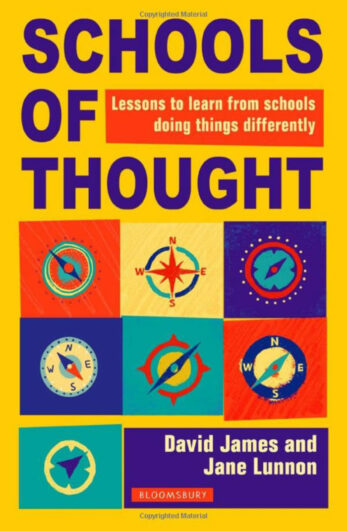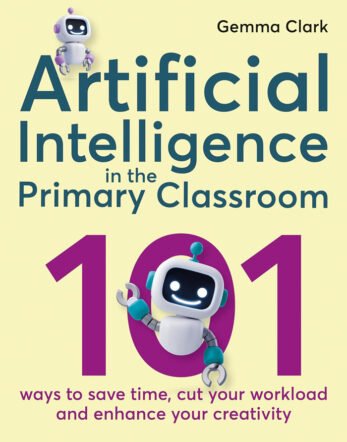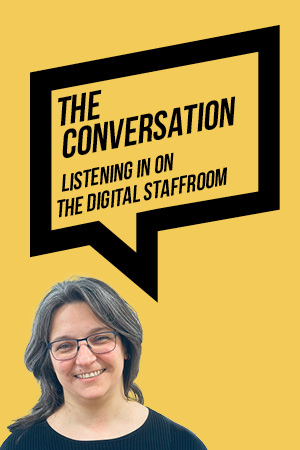Over the years I’ve noticed how some words in education become synonymous with certain noises. If invited to talk in front of an audience, I am guaranteed to get a “boo” if I mention Michael Gove (even if I’m saying nice things) or see an entire room smiling if I mention Tim Brighouse (about whom I only ever say nice things).
What I’ve apparently failed to miss, though, is that we are now using different words about education.
Last week researchers revealed a preliminary finding from the Spoken British National Corpus — a massive database of conversation snippets — that shows how our language around education has shifted since 1990.
Not only have researchers found that the word education now pops up more often — appearing 42 times per million words, compared with just 26 in the 1990s dataset. But we are also using more evaluating language about education.
“There’s the first recording of Ofsted used as a verb”
Back in the 90s people spoke factually about education, describing it as full-time or part-time. It is now more common to hear “good”, “bad” and “great” when discussing schools. My only surprise is that the database doesn’t appear to have caught greater use of the word “outstanding”, everyone’s favourite school inspection label. Researchers did, however, catch the first recording of Ofsted used as a verb, by someone who was discussing what it meant for a school to be “Ofsteded”. A coup for the linguistic researchers, but a fairly common occurrence for those of us who have joined staffroom chitchat.
Even more depressing news is that “underpaid” is the adjective most commonly associated with teaching.
Suspicious about the data collection methods behind the study, which so far hasn’t been officially published but only circulated to the press, I called Robbie Love at Lancaster University’s ESRC Centre for Corpus Approaches to Social Science.
He explained how the information is collected: “If you imagine someone getting a mobile phone out while they are at dinner with friends, or they are sitting in a café and they record the informal chat and then send in the recording — we record conversations like that.”
The original corpus of conversations was gathered during the 1990s. A second corpus is now underway, with more snippets being gathered. The preliminary findings are based on the first two million words of the project.
But what do the word use changes actually tell us? The No 1 song this week in 1990 was Itsy Bitsy Teenie Weenie Yellow Polka Dot Bikini. I doubt it would make the charts today. But I’m unconvinced there are any profound reasons for this. Isn’t it just a shift in fashion?
Mr Love patiently explains: “When we experience changes in the frequency of words, we would argue that the changes are because people have changed, society has changed and the ways of the world have changed.”
If true, the teaching profession is in a bad way: judged by everyone and paid little, it isn’t likely to be seen as a great career path.
It will be sometime before the corpus reaches final capacity, and draws conclusions. In the meantime, the project would like people to submit more recordings.
Professor Tony McEnery, also from Lancaster University, is looking for more participants. He wants MP3 files of everyday, informal conversations in exchange for a small payment “to help me and my
team to delve deeper into spoken language and to shed more light on the way our spoken language changes over time”.
Just beware of sending in staffroom chitchats in which Michael Gove is often mentioned. I wouldn’t want the researchers to be deafened by the boos.
If you want to submit recordings to the research team, visit www.languageresearch.cambridge.org.







Your thoughts